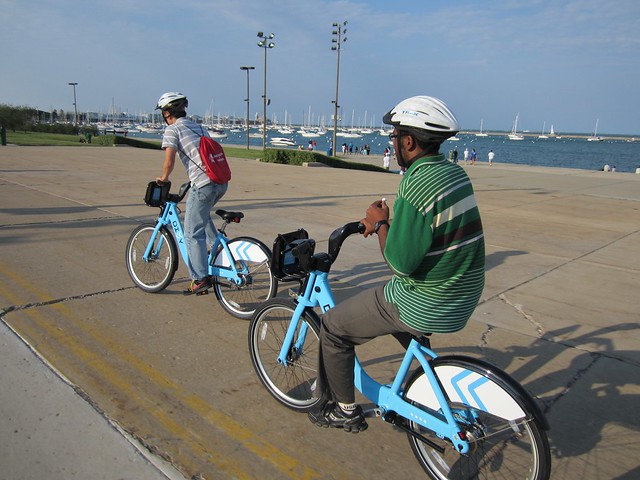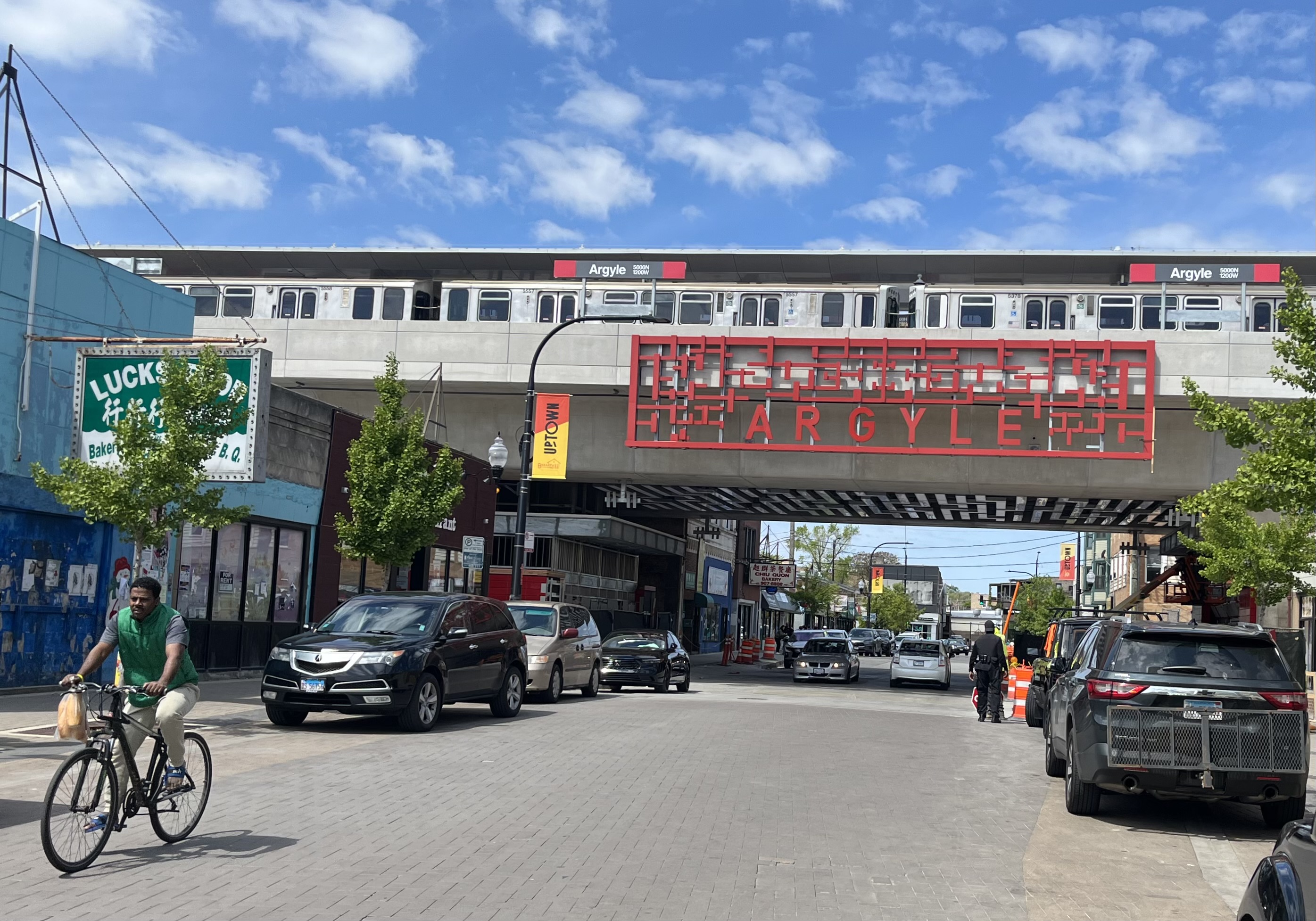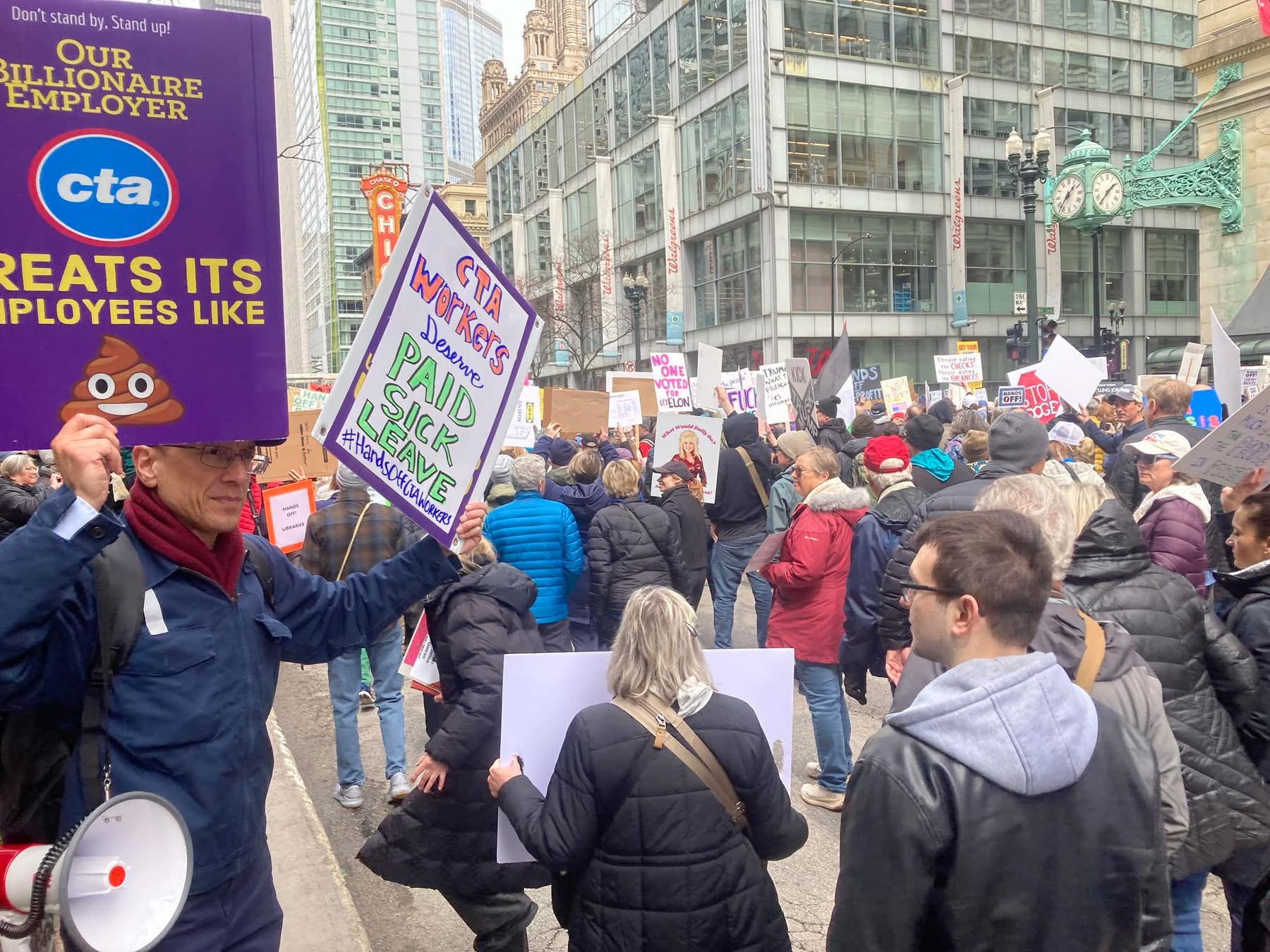
In an article last Friday, the Tribune’s Jon Hilkevitch implied that the new price hike for Divvy day passes is a desperate measure the city is taking because the bike-share system is bleeding cash, when that’s not the case at all. “The daily fee to rent a Divvy bike will jump by more than 40 percent next week because of a deficit and escalating costs to run the expanding bicycle-sharing system,” he wrote. “Divvy has yet to steer clear of red ink.”
Hilkevitch noted that that the system, which launched in June of 2013, posted a $171,000 operating loss for the remainder of that year, and a $500,000 operating loss in 2014. However, he chose not to include info that Chicago Department of Transportation Commissioner Rebekah Scheinfeld sent him in a statement:
The overall system revenue, including the Blue Cross Blue Shield sponsorship [$12.5 million over five years] and advertising on kiosks, brings in income to Divvy and the city’s bike programs. Overall Divvy is not losing money. CDOT is investing the revenue from Divvy in bike infrastructure improvements such as bike lanes, bicycle safety education and other programs that benefit the entire city of Chicago, not just Divvy users.
Divvy gets guaranteed advertising revenue from the docking station placards via its outside ad vendor Outfront, formerly Van Wagner, CDOT spokesman Mike Claffey told me yesterday. The minimum amount of revenue for the city was $31,250 per month back when the system had 300 stations. Now that Divvy has expanded to 476 stations, the guarantee has risen to about $45,000 per month.
Around the time the bike-share program launched, Hilkevitch and the Tribune published a series of articles disparaging it. However, a few months later, the reporter ran a column that basically admitted he was wrong to suggest no one would use the wildly popular system. Last Monday, I responded to Hilkevitch’s latest Debbie Downer Divvy article with a Streetsblog post.
On Wednesday, the first day of the price hike, the Trib ran another piece by Meredith Rodriguez featuring quotes from bike-share users. Most of them had no problem with the price of 24-hour passes rising from $7 to $9.95. Once again, the article contained Hilkevitch's misleading statement that the program “has yet to steer clear of red ink.” When I called him out on Twitter for repeating the same claim twice, he had an interesting response.
He was referring to a statement from his first article: “Divvy posted a $500,000 operating loss in 2014, and the city used grants that it received for the federally funded program to erase the deficit, city officials said.” The system’s bikes and docking stations were paid for with about $30 million in government funding, mostly federal Congestion Mitigation and Air Quality Improvement grants, which can generally only be used for infrastructure, not operations or maintenance.
However, Claffey confirmed today that Divvy’s original CMAQ grant did include about $2 million in contingency funds that the department was allowed to use for any system-related costs, including operations. Hilkevitch was correct when he tweeted that using that money would not be a sustainable way to offset operations shortfalls in the future.
Hilkevitch also would have been justified in referring to the operations deficits themselves as "red ink" in the Trib articles. However, it was still irresponsible of him to imply that the entire Divvy system is losing money, while failing to mention that the sponsorship and ads are actually generating revenue for the city.
Claffey told me today that CDOT isn’t planning on using the BCBS sponsorship and ad revenue raised so far to cover future operations shortfalls. “The decision was made… to use the previously locked in revenue to benefit the entire city wide bike system -- both for infrastructure and safety education,” he stated.
That helps explain why the day pass price was raised. Even though the system is making money overall, the projected $800,000 a year in additional income from the fee hike will be used to help cover future operations deficits.
However, Claffey said sponsorship and ad money raised from now on will also be used for operations. “At this point we are working aggressively to find additional advertising and sponsorship revenue to cover operations costs,” he stated. “We have something in the works that we will be able to announce soon in this area.”
Contrary to what people may have gathered from the Trib articles, it sounds like Divvy won’t be going broke anytime soon.




